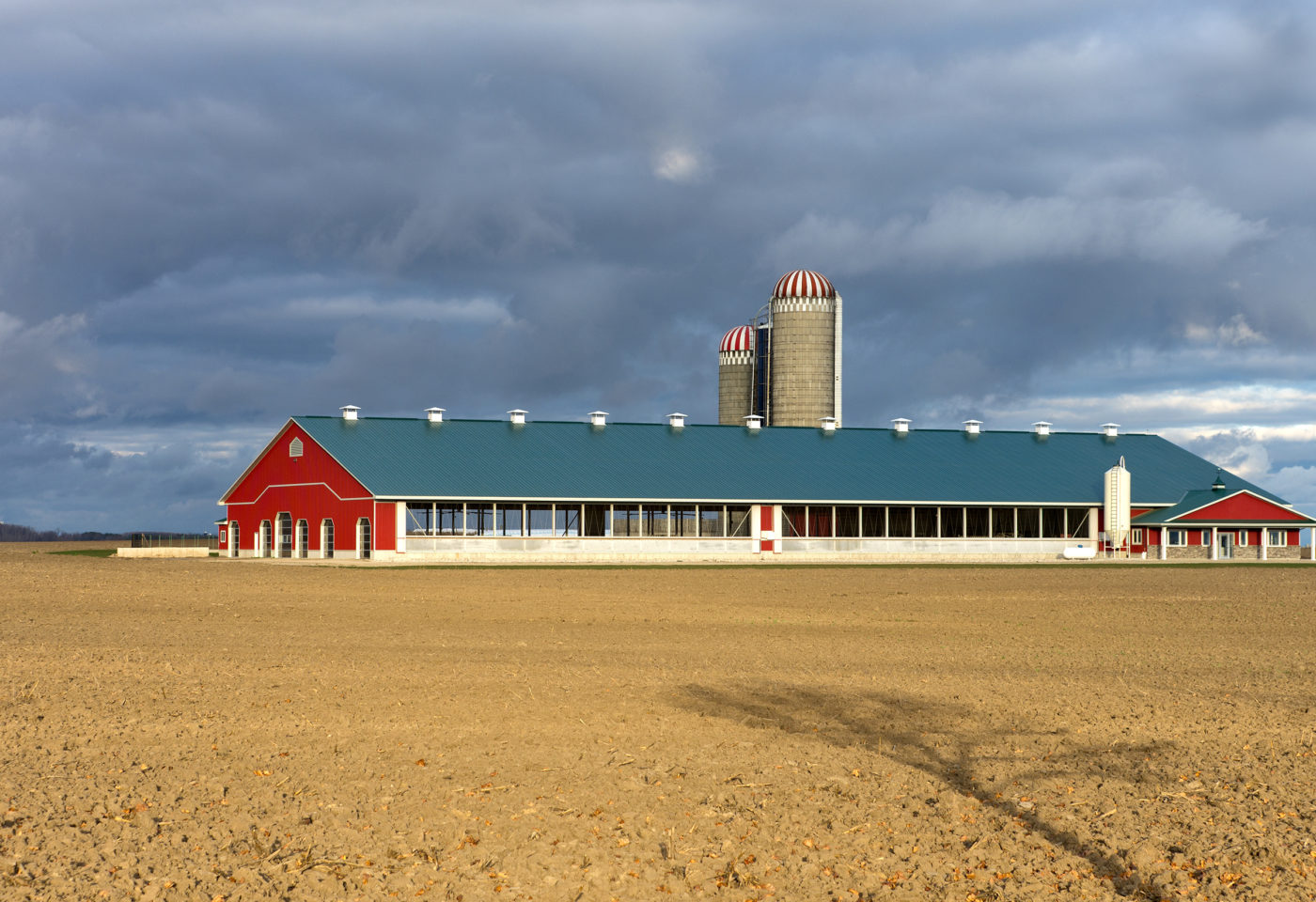By Eric Dalke
Published in the Hill Times
September 27, 2017
With negotiators butting heads on most major elements of NAFTA, the second round of talks wound down with no real breakthroughs, and we’ve yet to see the results of the ongoing third round. One major sticking point for the Americans remains largely unresolved: Canada’s supply management system.
While the Americans have called for action on dairy, Canada continues to say that it will “defend” supply management at all costs. As this fight looms, Canadians need to ask: what is so special about dairy, anyway?
While nearly all other industries were liberalized in the original NAFTA, Canada’s dairy (and poultry and egg) producers were exempt. As a result, Canada’s dairy producers benefit from artificially high prices, up to 300 per cent in tariffs, and production quotas to do business as a cartel in a way that would be illegal in any other sector. With this sweetheart deal, it’s not surprising the Americans and Mexicans are united in putting dairy on the NAFTA table.
The reality is the vast majority of farmers don’t depend on supply management. Partly because of NAFTA reforms, more than 90 per cent of Canadian farmers—at nearly $50-billion in annual cash receipts—do business without similar protections and supports. No cartels, and few government subsidies. Period.
Many of these free-market farmers are thriving. From 2006 to 2016, overall increases in cash receipts from cattle, canola, soybeans, corn, potatoes, vegetables, and wheat all outstripped dairy, some with growth of more than 150 per cent.
The U.S. and Mexico are similar. According to OECD data, U.S. and Mexico producer support estimates (PSE)—a measure of farm protections as a percentage of farm receipts—are lower than Canada, mostly due to supply management. For example, over the last decade, Canadian dairy producers received two to three times higher prices due to supports, while U.S. dairy farmers received approximately 25 per cent more.
So why do Canada’s dairy farmers deserve special treatment?
Much of it boils down to politics. Originating in the 1960s and 1970s, supply management was designed to provide a “fair” return to dairy (and poultry and egg) producers when government intervention was the trend of the day in agricultural policy. The issue is that while most farm supports have been scaled back, supply management remains. It’s backed by an old-fashioned view that the farm economy depends on the protections it grants.
What’s more, supply management is backed by special interests that would make Donald Trump squirm. The lobbying/marketing budget alone of the Dairy Farmers of Canada is estimated at between $80-million to $120-million, dwarfing total expenditures of virtually any other lobby group in Canada. With all this influence and power, it isn’t hard to see how the views of consumers and free-market farmers are overwhelmed.
Most importantly, Canada’s dairy farmers can thrive without supply management. With a global middle-income population that is expected to grow to 4.9 billion people by 2030, accessing new markets presents ever-more opportunity for Canadian agri-food. To keep its special treatment in Canada, our dairy industry is missing out on this growing opportunity. According to the Conference Board, liberalization could increase the number of farms by 2.1 per cent and grow the average herd size to 187 cows. What’s wrong with that?
Gone are the days when milk was delivered by the bottle and cream by the can. Dairy is, and can be for Canada, a global business demanding a global vision. One need only to look at the free-market dairy sectors in Australia, the United States, and New Zealand where producers are achieving global success.
With an overwhelming majority of Canadian farmers trading freely, there remains no justification for the protections received by the dairy business. Progressive dairy farmers know that the opportunity to reform supply management can be a win-win. An appropriate transition plan can provide a once-in-a-generation opportunity to grow and compete globally.
NAFTA is a perfect opportunity to make life better for Canadian consumers and open Canada’s dairy industry to global competition. It’s time we step up, for the benefit of Canada’s consumers and dairy producers, and the more than 90 per cent of farmers who know what it means to compete, and know that Canadians can do so and thrive.
Eric Dalke is a policy analyst at the Canada West Foundation.
